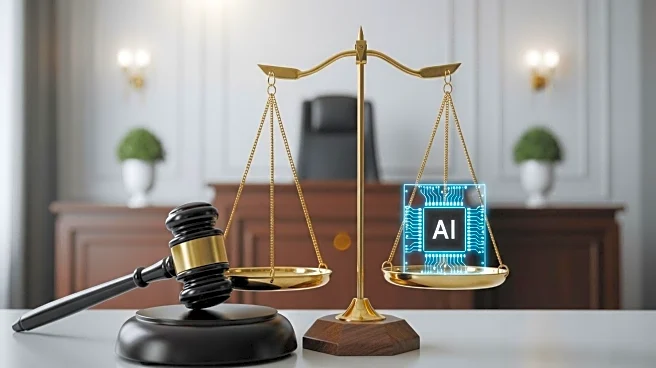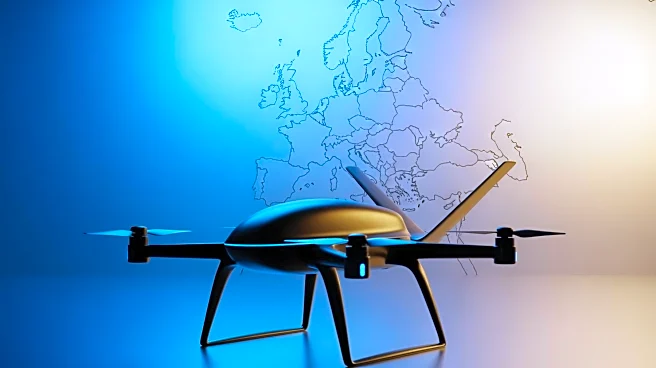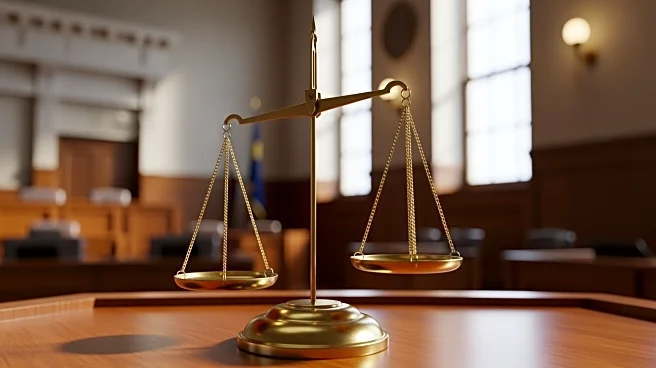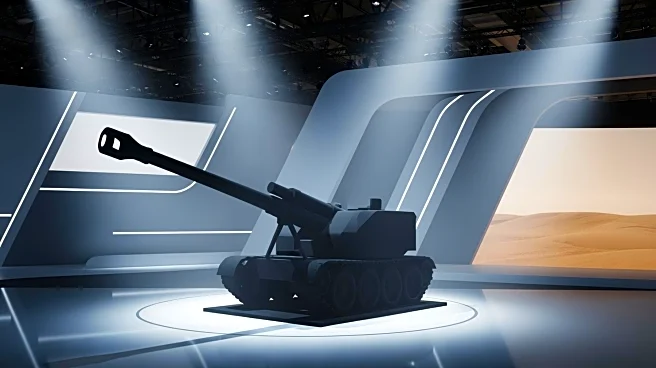What's Happening?
Warner Bros. Discovery has filed a lawsuit against Midjourney, an artificial intelligence image generator, accusing it of copyright infringement. The lawsuit claims that Midjourney has used Warner Bros. Discovery's intellectual property without permission, allowing users to create images and videos featuring copyrighted characters from the studio's movies and TV shows. This legal action follows similar lawsuits from other major studios like Disney and Universal, who allege that AI companies are exploiting their content without compensation. Warner Bros. Discovery argues that Midjourney's practices divert consumers from purchasing officially licensed products, impacting the studio's revenue.
Why It's Important?
The lawsuit represents a significant moment in the ongoing debate over the use of copyrighted material by AI systems. As AI technology continues to evolve, it poses challenges to traditional intellectual property laws, potentially affecting the entertainment industry and its stakeholders. The outcome of this legal battle could set precedents for how AI companies are allowed to use copyrighted content, influencing future business models and legal frameworks. Studios and creators stand to gain or lose depending on the court's interpretation of fair use and the protection of intellectual property rights.
What's Next?
The case will likely hinge on whether AI companies can claim fair use in their operations. The court's decision could have far-reaching implications for the industry, potentially leading to stricter regulations on AI training practices. Warner Bros. Discovery seeks substantial damages, which could financially impact Midjourney if the court rules against it. Other studios, such as Paramount and Sony Pictures, may join the legal fight or adjust their strategies based on the case's outcome. The trial will also explore how Midjourney obtained and utilized copyrighted content, which could influence future AI development and training methods.
Beyond the Headlines
This lawsuit highlights the ethical and legal challenges posed by AI technology in creative industries. It raises questions about the balance between innovation and intellectual property protection, as well as the responsibilities of AI developers in respecting creators' rights. The case may prompt broader discussions on the need for updated legal frameworks to address the complexities of AI-generated content. Additionally, it underscores the importance of transparency in AI training processes and the potential impact on artists and studios.








